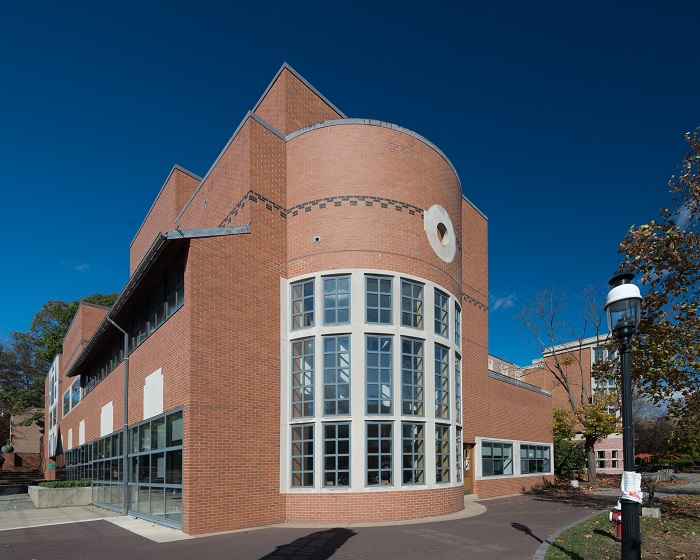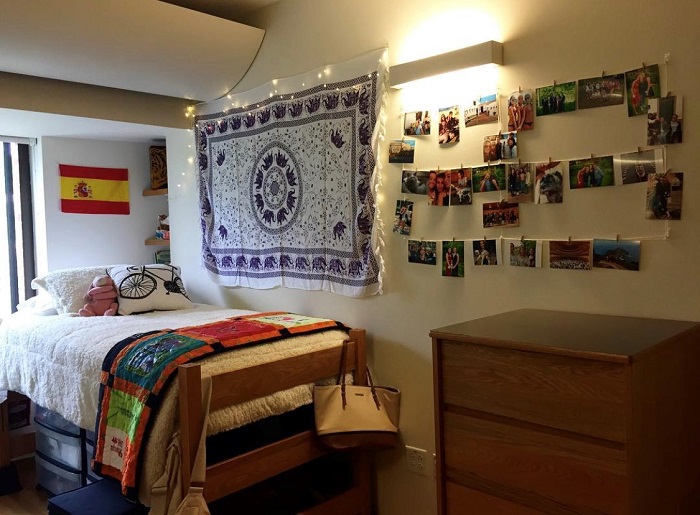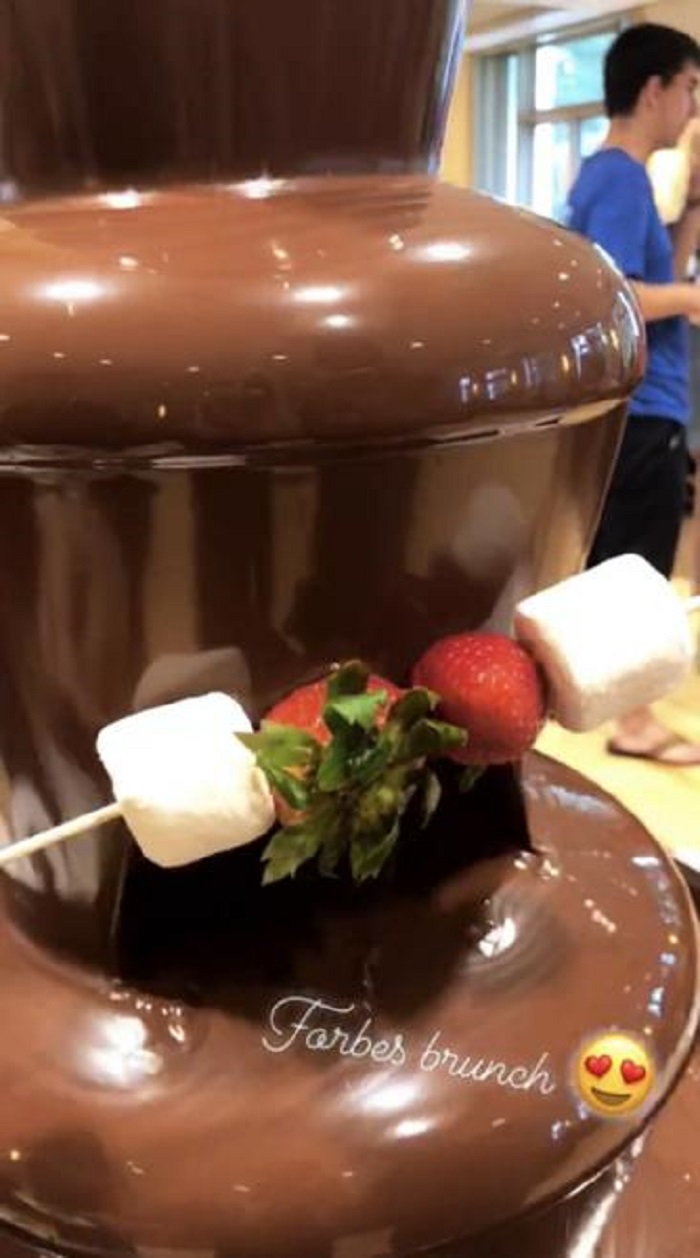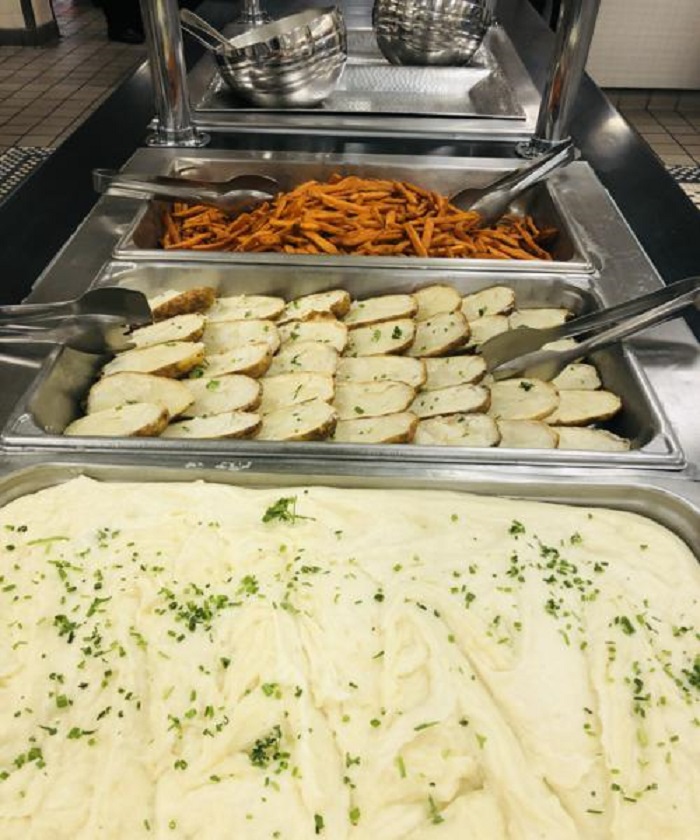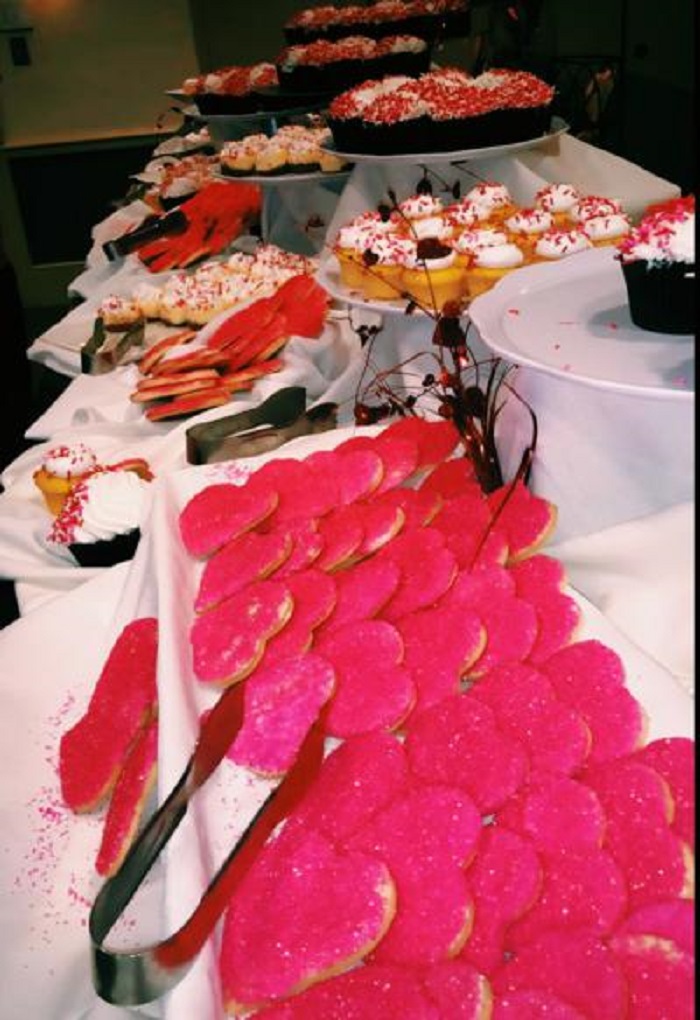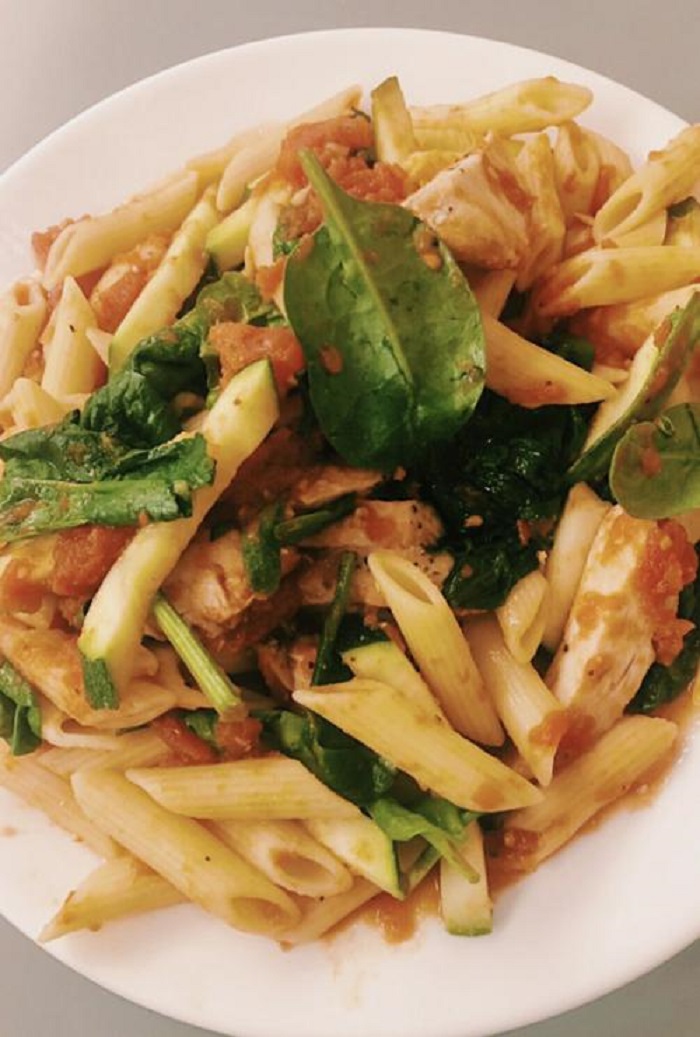We telescoped the word “community.” What's telescoping? Basically, we start with a large word count and work our way down to just one word! The first blogger writes close to 250 words; the next around, 200, 150, 100, 75, 50, 25 and 1. If you're considering Princeton as your home for the next four years, we want to make sure that you have a good sense of all the many communities on campus, what community means to students, and how the Princeton community is a vibrant, supportive group of Tigers, from when you begin your Princeton journey to when you join Tiger alumni!
Mia Salas '22
Coming from a small high school that fostered a strong sense of community, I was nervous about joining an undergraduate student body of over 5,000 students. Would I find that same community on campus? And how long would it take for me to do so? Princeton has a pretty robust orientation program – it’s organized so that you can get to know campus, have meaningful experiences, form relationships, develop leadership skills, and feel included, all before the first day of classes even begins! My small group for Community Action (one of Princeton’s Orientation service trips) was my first community, and once I returned to campus, my residential college (go Forbes!), became my second. It was so important for me to have that initial sense of inclusivity and belonging because it reassured me that Princeton would definitely become a home away from home.
Now, almost two years after my first-year orientation, Princeton is more than just a home. Princeton is where I am a part of so many different communities that have shaped me into who I am today. On Princeton Cheer, I’m surrounded by an incredible group of student athletes who are my closest friends. Princeton’s writing community inspires me every day to pursue my dreams, and Forbes College will always be a place of love and support. Classes, clubs, sports, student groups, residential living, the Princeton area beyond campus – they’ve all become mini communities that remind me of the greater community that I’m a part of.
Richard Ma '22
Here are some of the things about Princeton that make me happy:
“Late meal” in mid-afternoon, where people go for a between-class snack and run into familiar faces; in the summer, we take our food out to the warm steps of Frist South Lawn to enjoy the sun.
The third-floor theater in Frist Campus Center, packed on a Friday night for the latest student production, which is always a reminder of the talent, passion, and courage swirling all around you.
The Tiger Tea Room in Firestone Library, always alive with sunlight, the smell of coffee and the voices of group projects.
Dillon Gym’s courts, where there is almost always a pickup game to join, especially late at night for hours on end.
Forbes College, where I go after everything, and always has the most peaceful golden lighting.
Underlying all of it is a sense of belonging and this feeling of togetherness – in each of these places there is some moment, quiet or outstated, that makes me feel part of something greater. When I’m with the people I’ve grown and lived with the past two years, I feel part of a community that has come to be one of the most important things in my life.
Naomi Hess '22
I found my Princeton community on my second day on campus. I met my closest friends on my Community Action orientation trip, and ever since then, we’ve been inseparable. I know I can always turn to them for compassion, advice and friendship.
There are many ways to find your own community. The residential college system fosters a sense of closeness with your neighbors. You can join some of the many student groups to find people who have similar interests. I’ve found communities in my classrooms as well, from passionate professors to engaged peers.
It’s hard for me to think of another place where I’ve felt so included and supported in every capacity. The best part of Princeton has been the amazing community of students I’ve met throughout my two years here. I’ve found my people, and soon, so will you. Princeton is truly a community like no other.
Mallory Williamson '21
I wasn’t very sure where I was going to find it. I had it in high school, but I’d known those kids forever. This was a different ball game. I didn’t really know anyone who had gone to Princeton, and I wasn’t sure if people from backgrounds like mine found their niche.
But, within days, I found it. I found it in my dorm room with my random roommates, in my residential college dining hall, and in my freshman seminars. I found it when I was least looking. It’s probably more appropriate to say it found me. It’s still here.
Jonathan Haynes '20
Early on, some alumni told me that the Princeton experience only gets better as you get older. At the time, I found it hard to believe, but now, as I am wrapping up my time at Princeton, I cannot see how this will be anything other than true. This speaks to one of my favorite parts of our small community here: it truly extends beyond our time on campus, beyond careers and beyond generations.
Grace Masback '21
I had a difficult experience finding community in high school and I arrived at Princeton uncertain about how or even if I would find community. Yet, as I near the end of my third year I am so grateful for the incredible diversity of community I have been able to find.
Fedjine Mitchelle Victor '22
The community at Princeton is irreplaceable. Here you meet some of your best friends, have some of your best laughs, and start your best adventure.
Andrea Reino '20
Family







